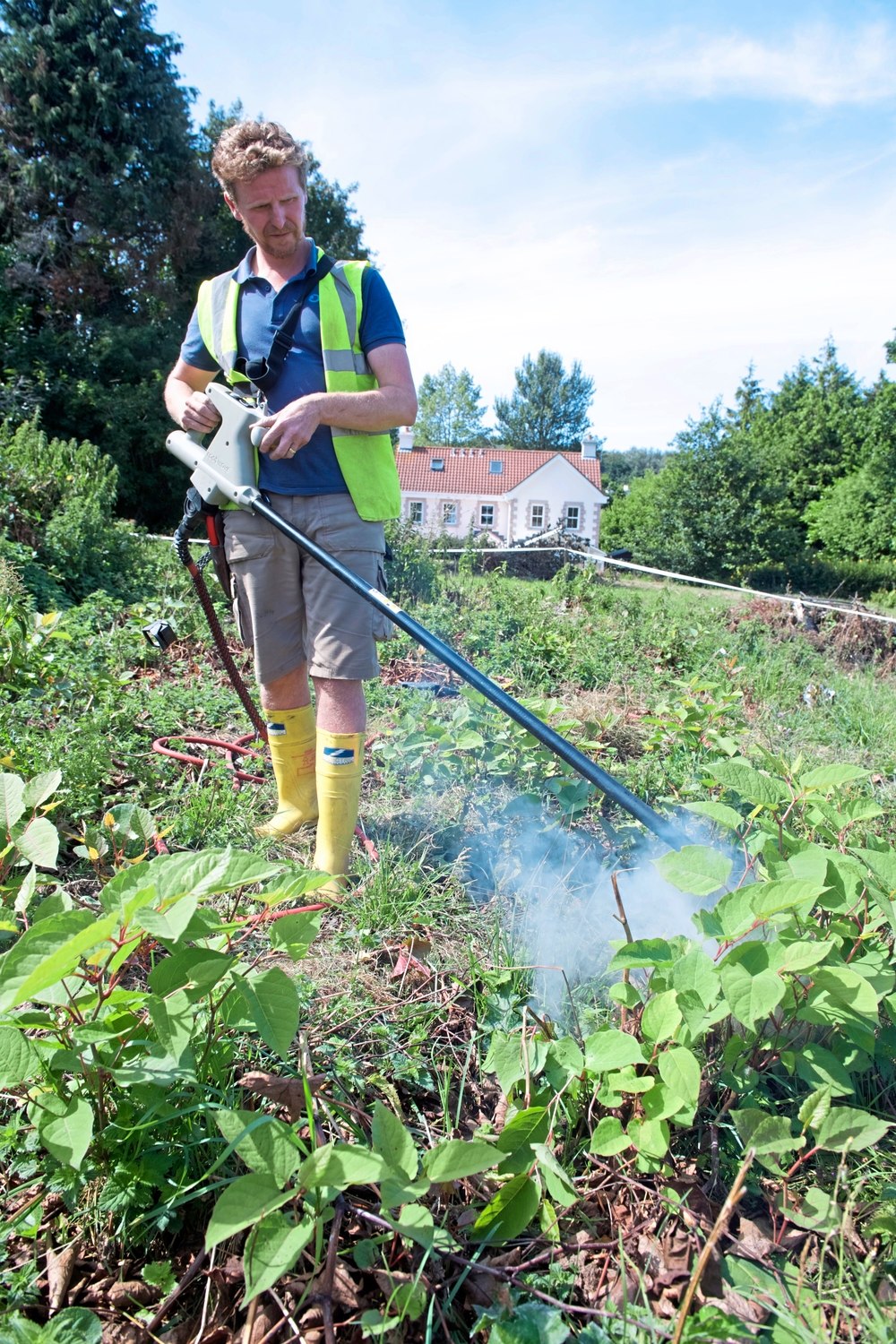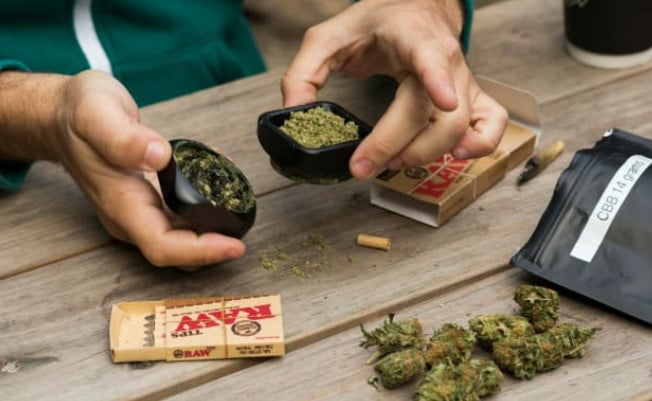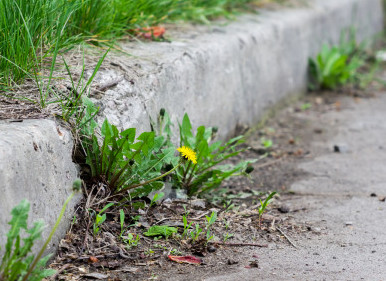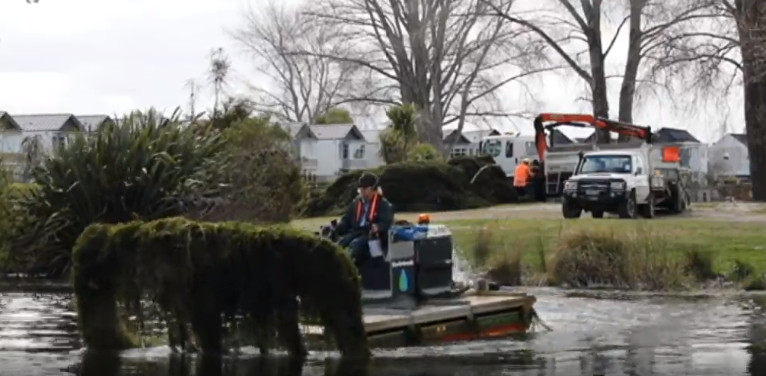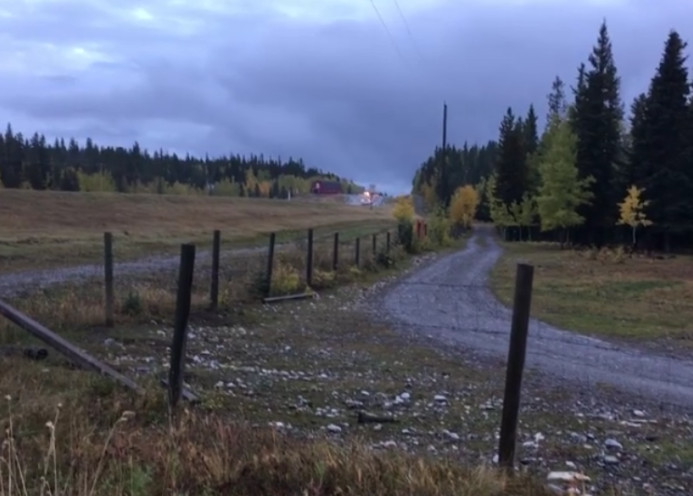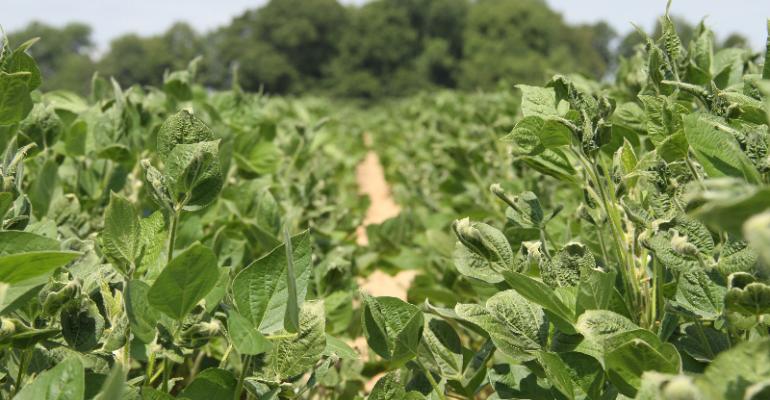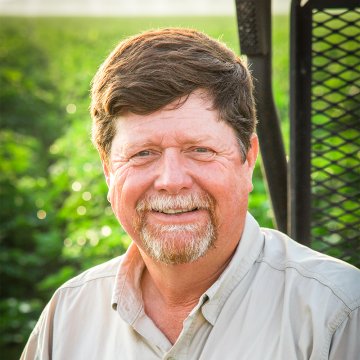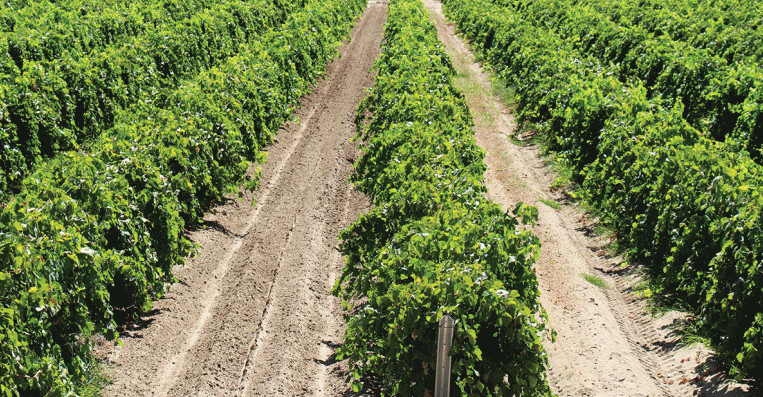Environmental specialist John McLaughlin says the machine provides the ideal method of destroying weeds without putting chemicals into the ground.
The equipment, called RootWave, works by using electricity to create heat which, when applied to a weed, rapidly boils moisture inside from the tip down to the root. But the device does not harm the soil or surrounding vegetation.
And since he took delivery of the UK-produced machine in June – one of only six currently in use across the world – Mr McLaughlin says he has been successful in wiping out pockets of Japanese knotweed around the Island.
If left unchecked, a single patch of the invasive plant can reach a height of more than six feet and grow to 65 feet in length. It can be killed through the use of a large amount of chemicals, or many back-breaking hours spent digging out its roots.
Although RootWave is proving successful, as the root system of Japanese knotweed is so aggressive, unlike other weeds which die straight away, some infestations require repeat treatments.
‘I believe this is the best way to control weeds without harming the environment,’ Mr. McLaughlin said. ‘I am always looking for alternatives to pesticides and herbicides in my work, especially as the current treatment, using [the weedkiller] glyphosate or Roundup can require several applications over time.
‘Whereas with the RootWave, I zap a plant with an electrode on the end of a rod to send a wave of electricity up and down the stem and the plant instantly wilts.’
As well as being used to eradicate knotweed, the equipment is effective on all species of weeds such as ragwort and dock.
‘The plant is left in the ground to die off, so the natural goodness goes back into the soil. Japanese knotweed stems, which can be as thick as bamboo, take longer, because the electricity has to go through the root core and system which can be very extensive,’ Mr McLaughlin added.
‘The most important thing for me is that the treatment is chemical free, so it has to be the future way to control weeds naturally.’
Japanese knotweed is not currently listed as an injurious weed under the Weeds (Jersey) Law, so there is no legal obligation for a landowner or occupier to prevent it from spreading. However, it is strongly recommended it is at least controlled wherever it is found to minimize future spread across the Island.
Dr. Tim du Feu, director of environmental protection, said that in 2019 it is due to be reclassified to join ragwort, thistle, and docks on the list, giving the department greater powers to control it.
In the meantime, the Environment Department has been training and assisting landowners in using weedkiller to remove the plant from the worst-affected areas.
Credit: jerseyeveningpost.com

